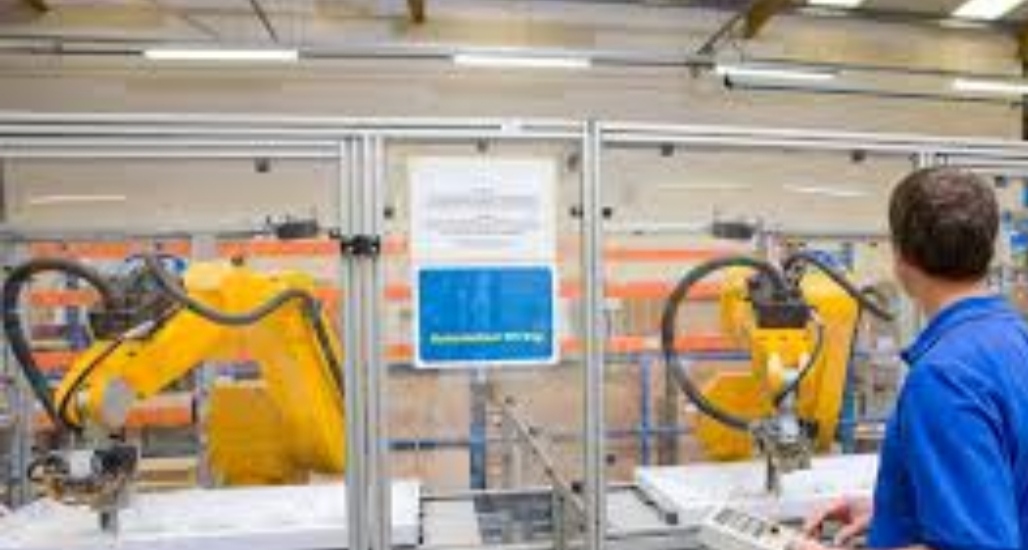Education plays a crucial role in promoting job growth and filling skill gaps in the workforce. The rapidly changing job market and advancements in technology have created a demand for highly skilled workers, making it essential for education systems to adapt to meet these needs. In this blog, we will explore the role of education in promoting job growth and filling skill gaps in the workforce.
Providing Relevant Skills
Education systems must provide students with the skills necessary to meet the demands of the workforce. This includes technical skills as well as soft skills such as communication and critical thinking. Providing students with relevant skills can help bridge skill gaps and make them more attractive candidates to potential employers.
Creating Opportunities for Continuing Education
Continuing education is crucial in staying up to date with the latest advancements in technology and trends in the workforce. Education systems must provide opportunities for individuals to continue their education beyond their initial degree or certification. This can include offering professional development courses, workshops, and seminars.
Collaborating with Employers
Collaboration between education systems and employers is vital in promoting job growth and filling skill gaps in the workforce. Employers can provide insight into the specific skills and knowledge they require from employees, allowing education systems to tailor their programs to meet these needs.
Encouraging Apprenticeships and Internships
Apprenticeships and internships provide individuals with the opportunity to gain real-world experience in their field of study. These programs can help individuals develop the skills necessary to succeed in the workforce while providing employers with a pool of skilled workers to choose from.
In conclusion, education plays a critical role in promoting job growth and filling skill gaps in the workforce. Education systems must provide students with relevant skills, create opportunities for continuing education, collaborate with employers, and encourage apprenticeships and internships. By adapting to the changing needs of the workforce, education systems can help individuals succeed in their careers while promoting job growth and filling skill gaps in the workforce.




